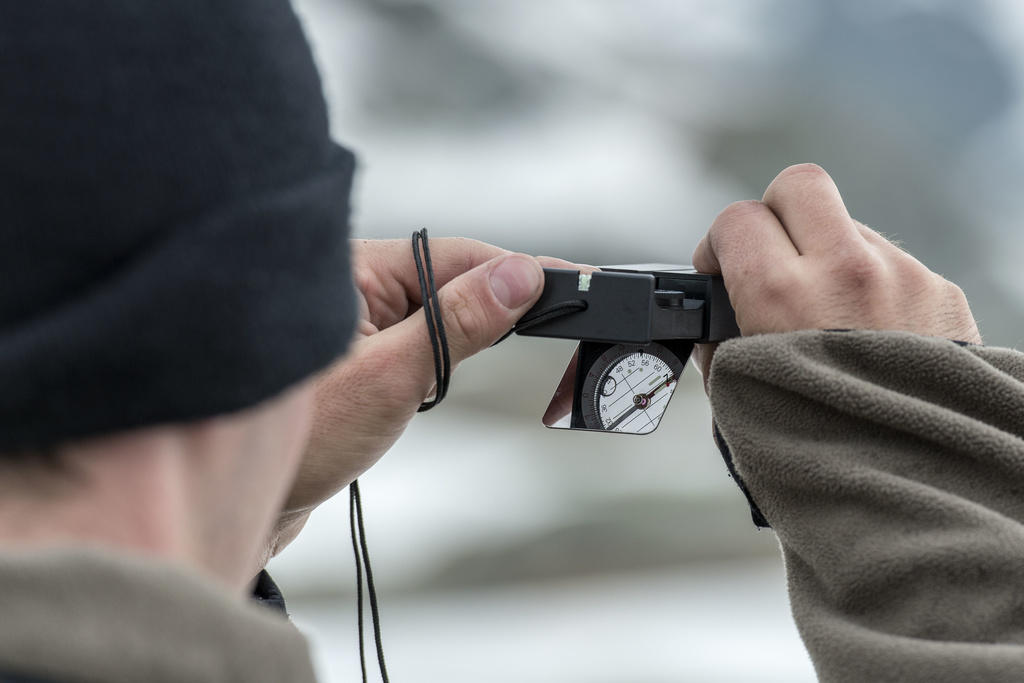
Flipping the world: atomic compass points east-west

Swiss researchers have discovered a new type of magnetic phenomenon, observed on a micro-level, whereby needles swing not only north-south but also east-west.
The discovery, made by scientists at the Paul Scherrer Institute (PSI) and the federal technology institute ETH Zurich, confirm a prediction made by physicists some six decades ago that east-west orientation could be possible on a nanoscopic scale.
The findings were observed in an experimental ‘sandwich’ construction that placed a layer of cobalt atoms – with a thickness of just 1.6 nanometres – between layers of platinum and aluminium oxide. The atoms acted as tiny compass needles, unfolding their effect over tiny distances.
“The direction taken by the [atomic] compass needles depends on the orientation of the atoms surrounding them,” said lead scientist on the project Zhaochu Luo. So, when a group of atoms points naturally north, its neighbouring group always points west; south-pointing atoms are surrounded by west-facing ones.
The phenomena can then be manipulated: when magnetic or electrical charges are applied to the magnetic field, for example, thereby changing north-south to south-north, the east-west pointing atoms also realign themselves.
Though the discovery is unlikely to revolutionise polar (or other) expedition practices anytime soon, the researchers say that the finding could make it possible to build new, more efficient computer memories and switches, which in turn make microprocessors more powerful.
Such nanomagnets are also suitable for building so-called logic gates, building blocks that act as input-output gateways in computers.
The results were published in the Science journal.

In compliance with the JTI standards
More: SWI swissinfo.ch certified by the Journalism Trust Initiative





























You can find an overview of ongoing debates with our journalists here . Please join us!
If you want to start a conversation about a topic raised in this article or want to report factual errors, email us at english@swissinfo.ch.